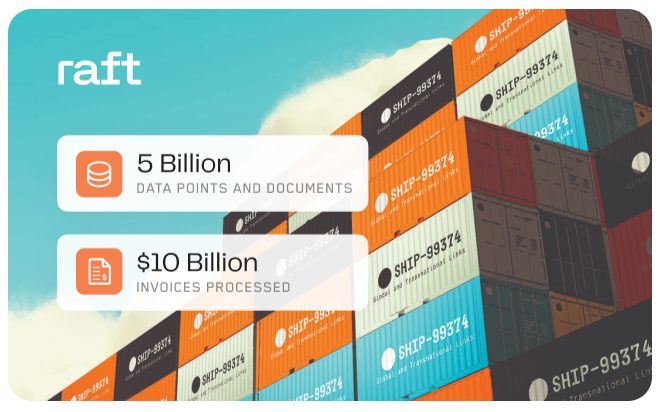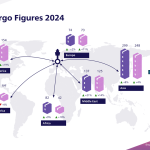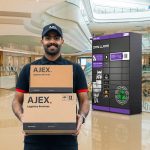Raft AI Platform Hits Milestones: 5 Billion Data Points and $10 Billion in Processed Freight Invoices
Raft recently announced several key milestones that highlight the growth and maturity of its logistics AI platform. First, it has reached over 5 billion labeled data points and documents, all verified by human experts, that are training machine learning models and improving the generative AI on the platform. As a byproduct of Raft’s AI horsepower, the value of freight invoices being processed by Raft AI recently surpassed $10 billion.
The internet typically serves as the knowledge source for public AI innovation examples that have captured the world’s attention. However, the internet is not a viable AI learning source in complex business sectors such as global logistics where specialised processes vary by company. In private supply chain environments, high volumes of real world, hard-to-get transactional data is a critical component towards ensuring that AI-enabled automation learns and executes with precision and scale.
Raft is the world’s largest AI-powered logistics platform, used by more than 50 logistics providers – companies that together help run 80% of the Global 1000 supply chains. Each year, more than 10,000 users manage over 5 million shipments on the platform, representing every commodity, transit mode, and trade lane.
“After decades of effort and hundreds of billions of dollars of investment, the logistics industry is still reliant on emails, PDFs, and spreadsheets to keep goods moving,” said James Coombes, Chief Executive Officer (CEO) and Co-founder, Raft. “We are on a mission to unleash the power of AI on global logistics and put an end to manual, disconnected processes once and for all. The transactional scale on the Raft platform along with our active customer base demonstrates we are well on our way to achieving that goal.”
The complexity of logistics execution puts a premium on technology that is built upon an advanced data model foundation because most of the information required to make the software work is created and provided by different trading partners who each have their own systems, formats, and processes.
Raft’s proprietary platform has multiple innovation layers that blend the data extraction capabilities of AI with a suite of business applications, collaboration tools and integration flexibility. Customers are able to configure shipments, flows, processes, events, and tasks and then intelligently interact with different systems of record, such as TMS, CRM, and ERP.
AI is embedded throughout the Raft platform, which learns from high volumes of transactional activities across all customers. As the LLMs get smarter, they become more proficient at automating workflows and processing transactions at a rate of thousands of times per second. This frees human operations teams to focus on delivering value to customers.
“The AI freight train has left the station and there’s a lot of excitement and hope about where things are headed,” added Coombes. “Raft is the leader and the ever-increasing level of engagement scale we’re experiencing shows that we are well positioned to bring AI into the supply chains of the world.”
Raft’s suite of business applications that drive the transaction volumes automate the financial, customs, and operations processes of logistics. Customers are reporting significant improvements in human capital optimisation, network velocity, operational insights, and customer service. Commercial invoices, bills of lading, bookings, packing lists, and shipment status alerts are the kinds of unstructured documents that AI has transformed from an analog burden to digital advantage for Raft customers.

















